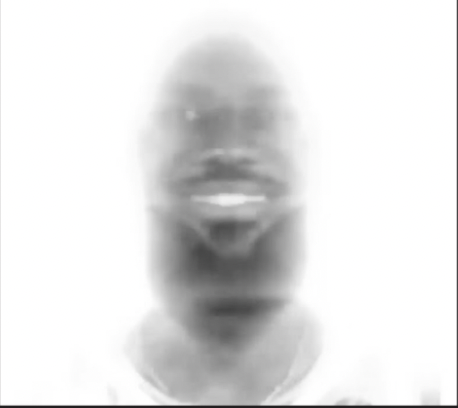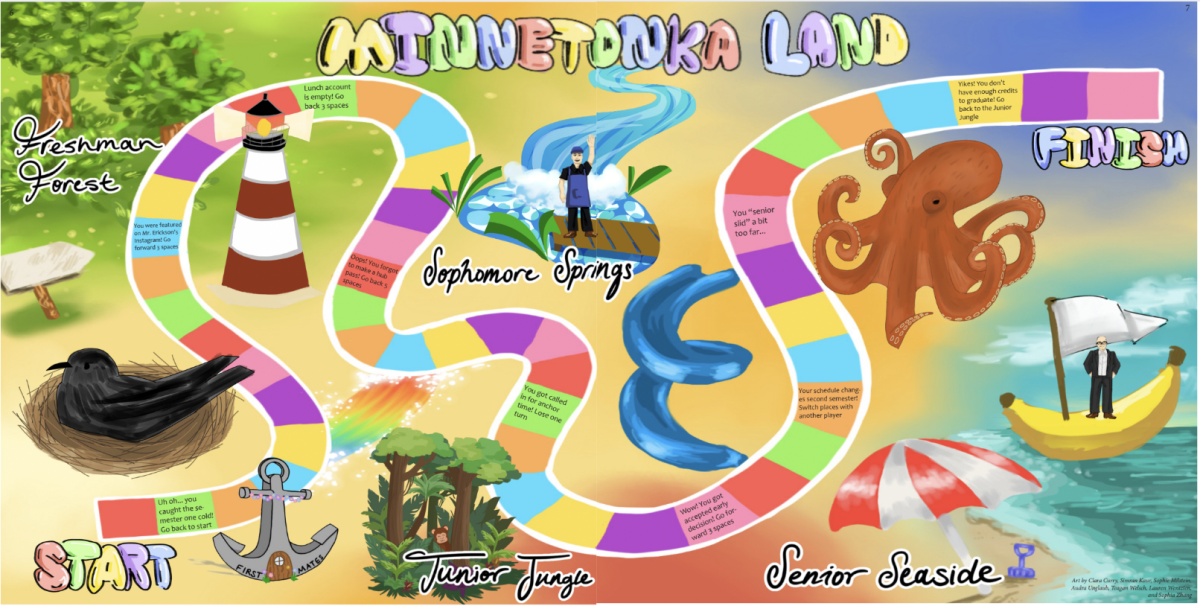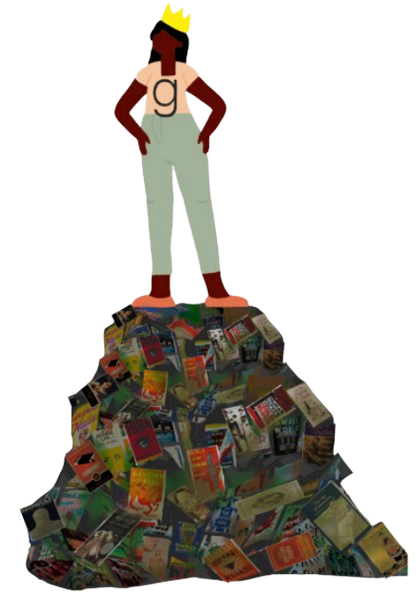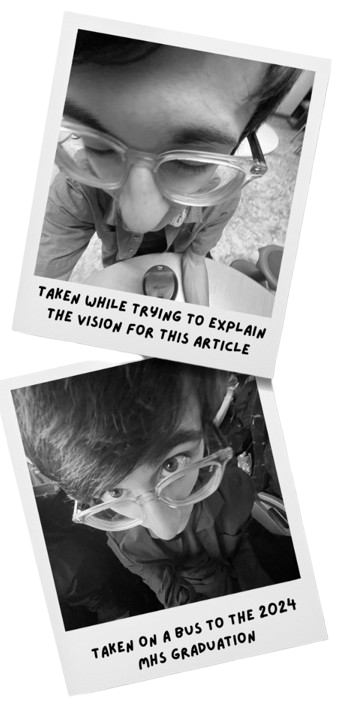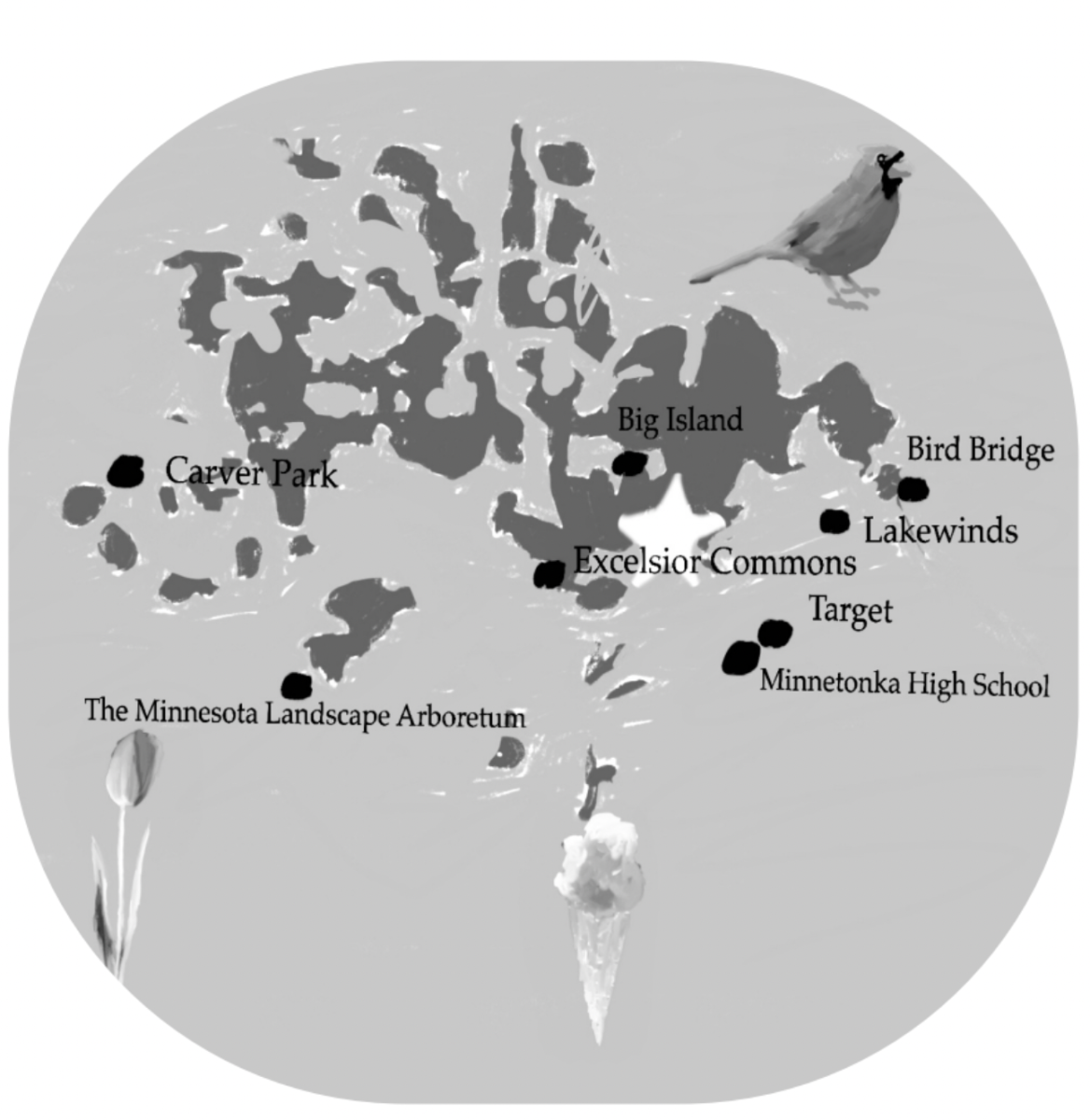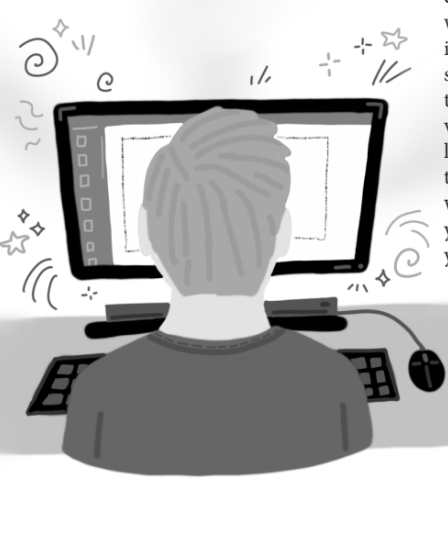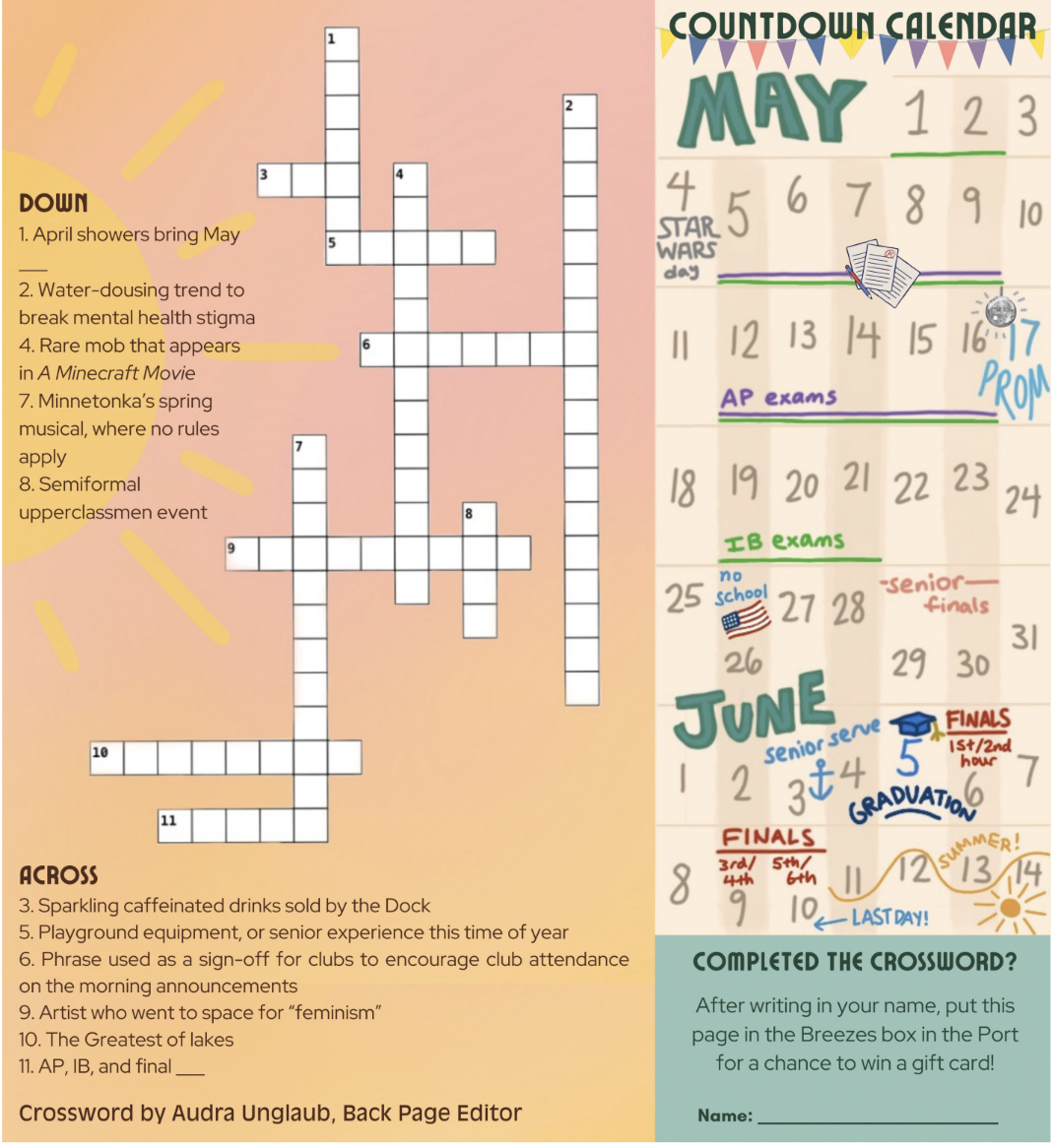“[Gen Z] thinks [mental health] is more important, instead of push[ing] it down like a lot of other generations did” says Emerson Odegard, ‘27. Diagnosing one’s mental health disorder can be extremely beneficial to gaining proper care and treatment. Though this knowledge is necessary, the most reliable source to test this—a psychologist—can be expensive and out of reach for many. TikTok offers another solution.
Recently, neurodivergent TikTokers and other social media users have begun posting videos claiming to help others identify if they might have a mental health disorder. “[Mental health disorders] are more talked about than they were before and more people are comfortable with what they’re feeling now,” says Morgan Stiefel, ‘28. These videos usually include symptoms of the disorder they are experiencing along with depictions of the symptoms. While this can be beneficial to some, the fact is that most of these people are not licensed psychologists or therapists. These TikTokers describe the symptoms vaguely, such as “can’t focus” or “trouble sleeping,” which could apply to almost everyone. In addition, these symptoms are often associated with multiple mental health disorders. For example, a TikToker might state “inattention” as a symptom of OCD, which is also a common symptom of ADHD, making a person who might have ADHD thinking they have OCD instead, or nothing at all, leading them to seek the wrong care.
Furthermore, these symptoms are often glamorized, making a disorder seem like a fun personality trait instead of a hindrance to daily life.
In extreme cases, this romanticization has caused influencers, either misinformed or willfully ignorant, to claim a mental health disorder they do not have. TikToker and YouTuber Tics and Roses recently sparked controversy because of allegations that they were faking having Tourettes, a disorder in which the person has sudden, uncontrollable repeated movements or vocal sounds called tics. Tourettes TikToker and advocate account Ticcing Together states that “when someone fakes, everyone else has [these] kind of rose colored glasses and they’re very skeptical towards people with genuine tics because of these fakers and the frauds.”
Like most things on social media, there’s always two sides of a coin and we likely only see one part of a greater issue. While this new wave of TikTok trends can be a helpful resource for those struggling with a mental health disorder, one should be mindful of the dangers of self diagnosing and that a licensed psychologist is the best option for getting accurate information about oneself. “There’s pros and cons to [social media] because there’s a lot of toxic stuff on TikTok,” says Odegard, “but it can be beneficial because [people] can connect with community and find people they [enjoy being around].”




